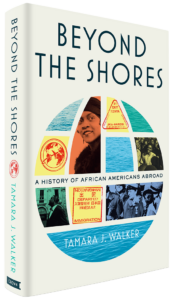Hello dear listeners and welcome to show 305 of our podcast “Absolutely Intercultural”. Today’s topic is “culture wars” and more specifically “fights between different food cultures”! There are those who decide to not eat a specific category of food perhaps because of health reasons or for ethical reasons, and things can escalate pretty quickly when food is the main topic at the table. Words like “vegan” or “vegetarian” are used to categorize some of those people who may be different from us: a “vegan”, for example, is someone who refuses to eat anything related to animals: meat, fish, eggs, milk, even honey. Today the focus will be around this life-changing decision, how choosing to limit yourself to not eat a certain kind of food can drastically change your usual interactions with friends and family.
absolutely vegetarian
In our first story, we will listen to Natalia, a dedicated vegetarian. A vegetarian doesn’t eat meat, or seafood like grilled fish, but does eat animal products like milk or eggs. Today Natalia is sharing with us her journey and the challenges she faces in a world that often prioritizes meat-based diets. Natalia used to eat meat when she was younger, but she has changed the way she feels about animal food.
absolutely traditional
In our second story, we will listen to Camilla, who eats meat on a daily basis and buys it from the supermarket. She is aware of all the problems around the meat industry, but that doesn’t stop her from following her traditional diet.
absolutely pescatarian
In our last story, we will listen to Jakob, who tried to be vegetarian for some time but then switched to a “pescatarian” lifestyle. A pescatarian does not eat meat, a bit like a vegetarian, but does eat seafood like fish or mussels. Jakob tells us how he feels about his new fish-based diet after years of sticking to only vegetarian food.
What about you? Do you have a strong opinion on your food? Have you ever changed your diet to accommodate certain needs? We’d love to hear your stories! Feel free to share your opinion with us here on the podcast. You can leave a comment, send us an email, or even reach out for a follow-up interview in one of our next shows.
Write a comment or mail us, we could do a follow-up interview with you in one of our next shows. On our web page, absolutely-intercultural.com, you can get more information about this show and previous episodes, and you can leave comments. And if you enjoyed the show, please like us on Facebook too.
By the way, did you know we are also on iTunes or Apple Podcasts? You can subscribe to us there for free and give us a rating and a comment.
Our next show will be coming to you from Anne Fox in Denmark on 2 May
Until then – bleiben Sie absolut interkulturell!
The host of this show is: Michele Varvara (Italian)
Assistant Editor: Era Meço (Albanian)



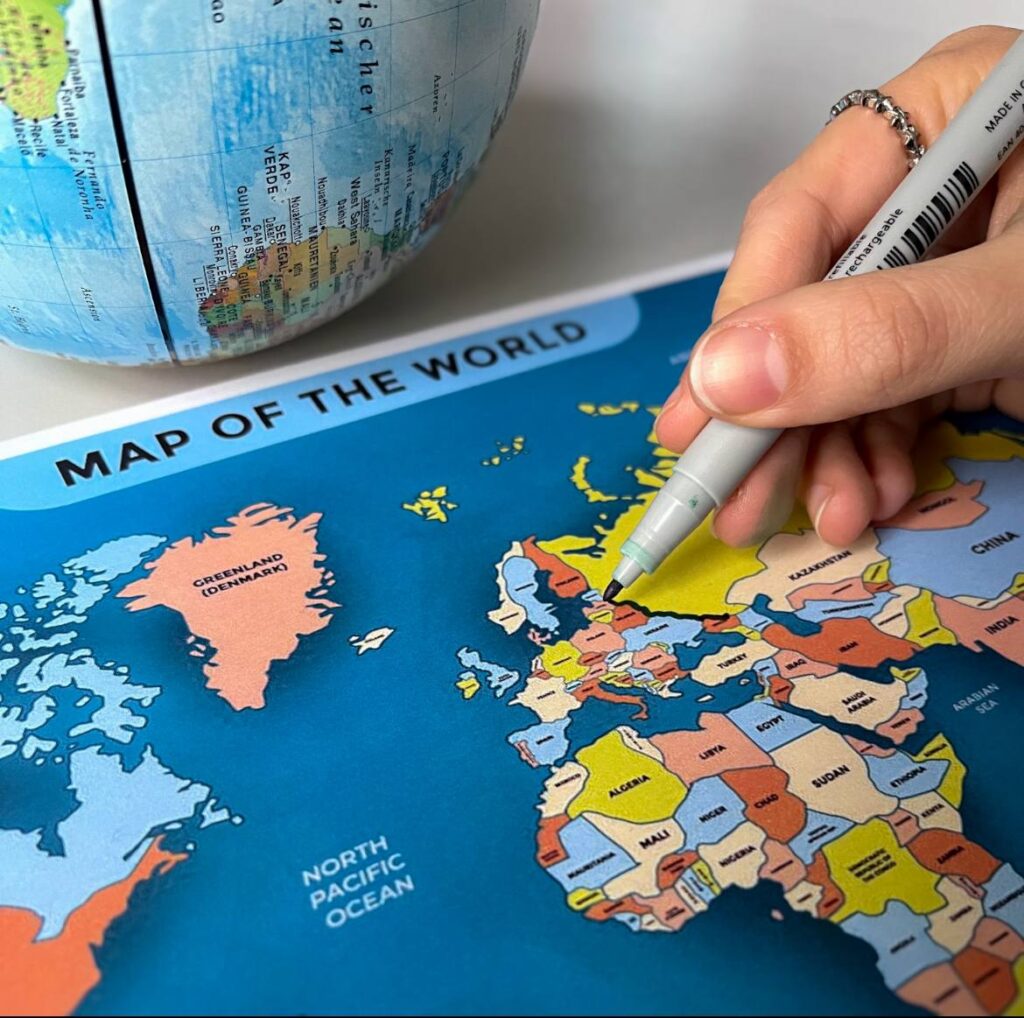
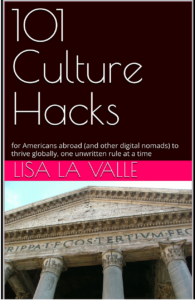
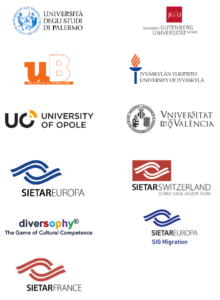
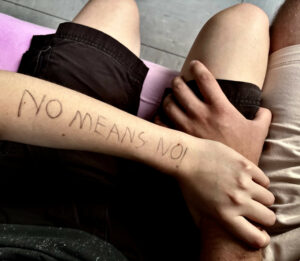
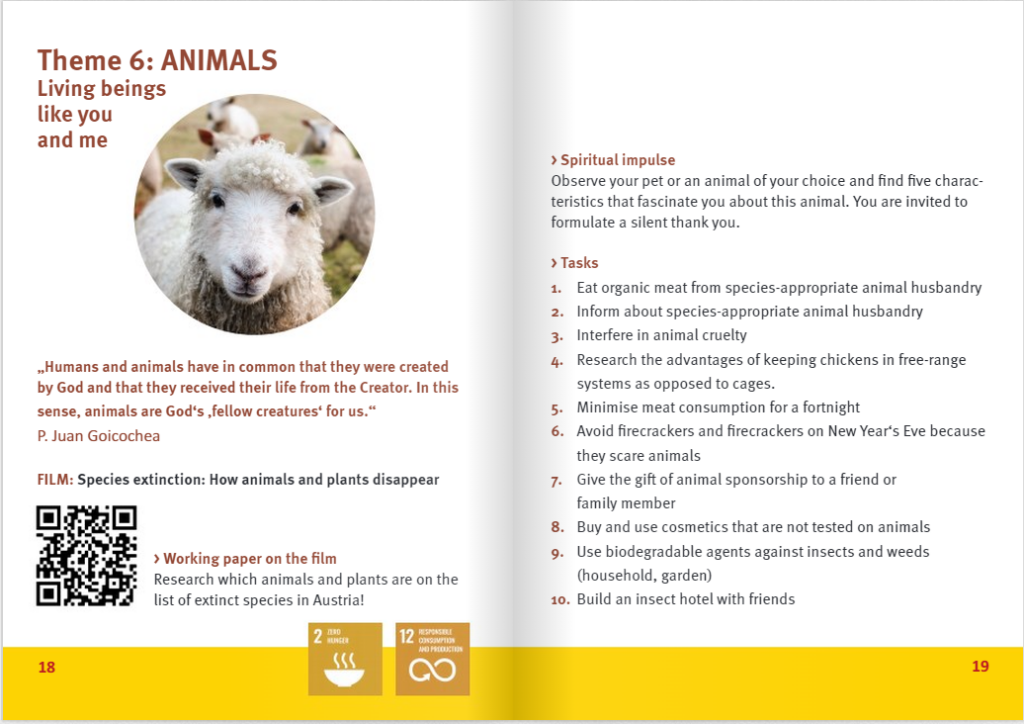
 Hello dear listeners, and welcome to episode 297 of our podcast “Absolutely Intercultural.” Today, let’s dive into another cultural topic that many of you might have strong feelings about: the legalization of cannabis. Germany has partly decriminalised marijuana use as of 1 April 2024. So, have we experienced a cultural change as a result? Does legalisation mean that in the evenings, we Germans now smoke weed on our sofas in front of television instead of drinking our traditional beer? I’m afraid personally I’m a little old-school and still stick to my red wine, but then some of my friends claim that alcohol is worse than weed, so perhaps I should join one of the new Cannabis clubs?
Hello dear listeners, and welcome to episode 297 of our podcast “Absolutely Intercultural.” Today, let’s dive into another cultural topic that many of you might have strong feelings about: the legalization of cannabis. Germany has partly decriminalised marijuana use as of 1 April 2024. So, have we experienced a cultural change as a result? Does legalisation mean that in the evenings, we Germans now smoke weed on our sofas in front of television instead of drinking our traditional beer? I’m afraid personally I’m a little old-school and still stick to my red wine, but then some of my friends claim that alcohol is worse than weed, so perhaps I should join one of the new Cannabis clubs?